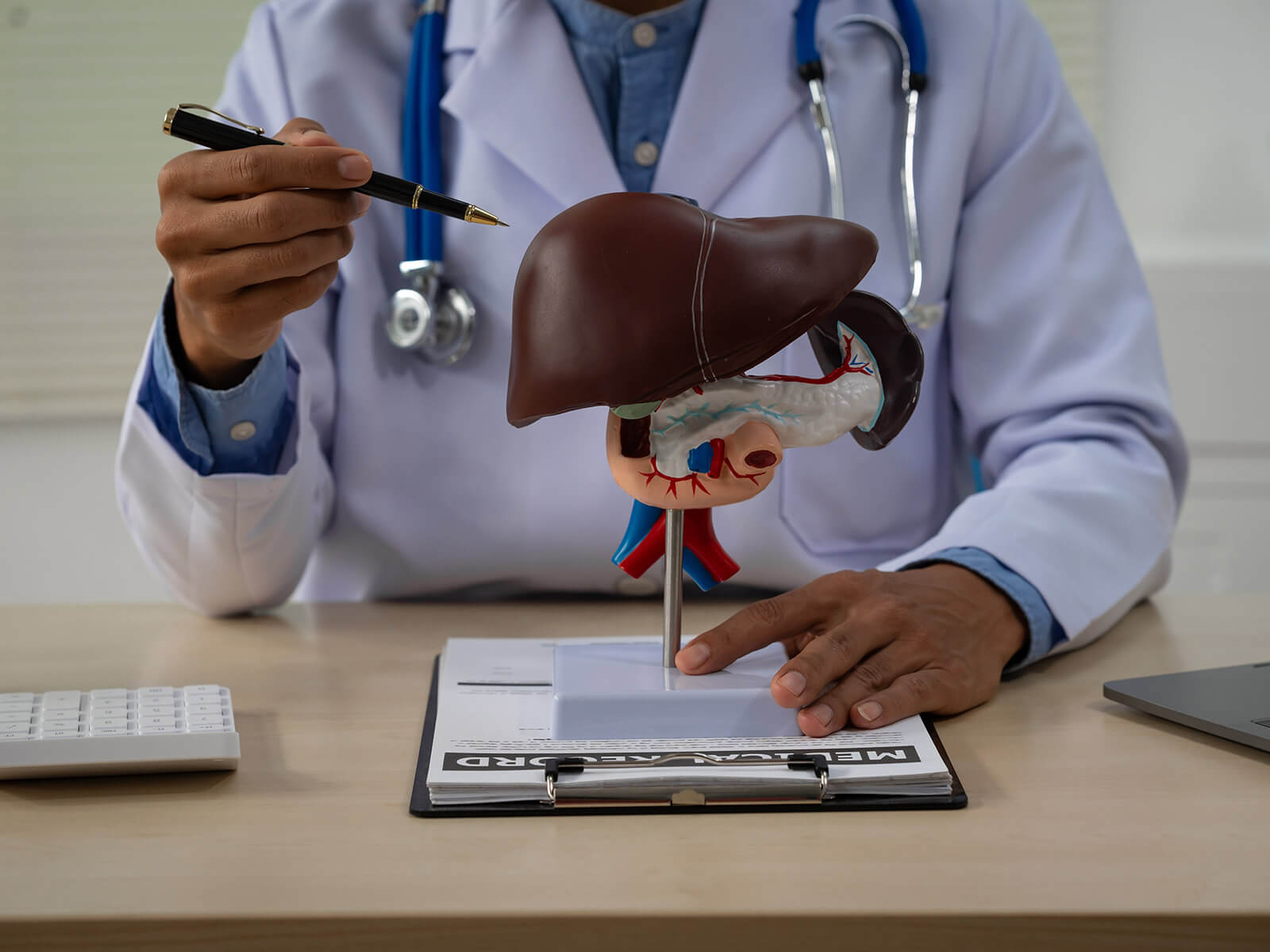
Cirrhosis is a condition that develops as a result of the gradual substitution of normal liver cells by scar tissue in order to avoid blood and liver circulation. This kind of scarring may cause severe complications in the long run. Cirrhosis has a general ICD-10 code of K74.60, and the alcoholic cirrhosis has a K70.30.
The short term effects of cirrhosis might not be evident at all. In its course, you would feel:
Cirrhosis may be as a result of a variety of disorders in addition to lifestyle:
GastroDoxs: Experts in the protection of the liver. Book an appointment with our specialist on cirrhosis in Houston region-call us or reserve online today to get individual treatment plan, correct ICD-10 coding and care in the entire process.
We've successfully treated more than 3.2K patients, helping individuals improve their digestive health and overall well-being through expert, personalized care.
With over 20 years of experience, GastroDoxs has been a trusted provider of gastroenterology care, focusing on delivering the best outcomes for patients
The general cirrhosis is K74.60. In the case of alcoholic cirrhosis without the presence of fluid, K70.30 is used.
Remedy and stage of disease is a subject of survival. Many of them are living good years with good lifestyle with early intervention and good management.
End stages manifest severe jaundice (yellowness of skin and eyes), disorientation or confusion (hepatic encephalopathy), peritoneal effusion (ascites) and dysfunction of organs.
Early cirrhosis can be relieved in case the underlying cause is corrected and the lifestyle is changed. But there are other types of scarring which are more permanent but can always be changed to eliminate the complications.
Compensated cirrhosis This is where the liver has continued to engage in the basic activity and has few symptoms. In decompensated cirrhosis, severe complications arise (fluid retention, blood loss or cognitive impairment).
This is the code K70.30 of the ICD-10 that is applied when the abusive alcohol caused liver damages but not via the ascites.
Diagnosis: Diagnosis can be done by blood tests (liver functional panels), ultrasound, CT, MRI, elastography with which to diagnose fibrosis and in some cases, a liver biopsy can be done to determine the diagnosis.
Yes. Some therapies and observation of the disease progression and prevention or treatment of complications can be provided by a hepatologist or a gastroenterologist.
The local professionals will also be in a position to offer easy follow ups, immediate access in case of an emergency, insurance and customized care plan that will respond to the demand of the patient population within Houston.
Contact GastroDoxs over the phone or through the Internet. Our group will ensure your insurance and code and any other steps of your treatment.